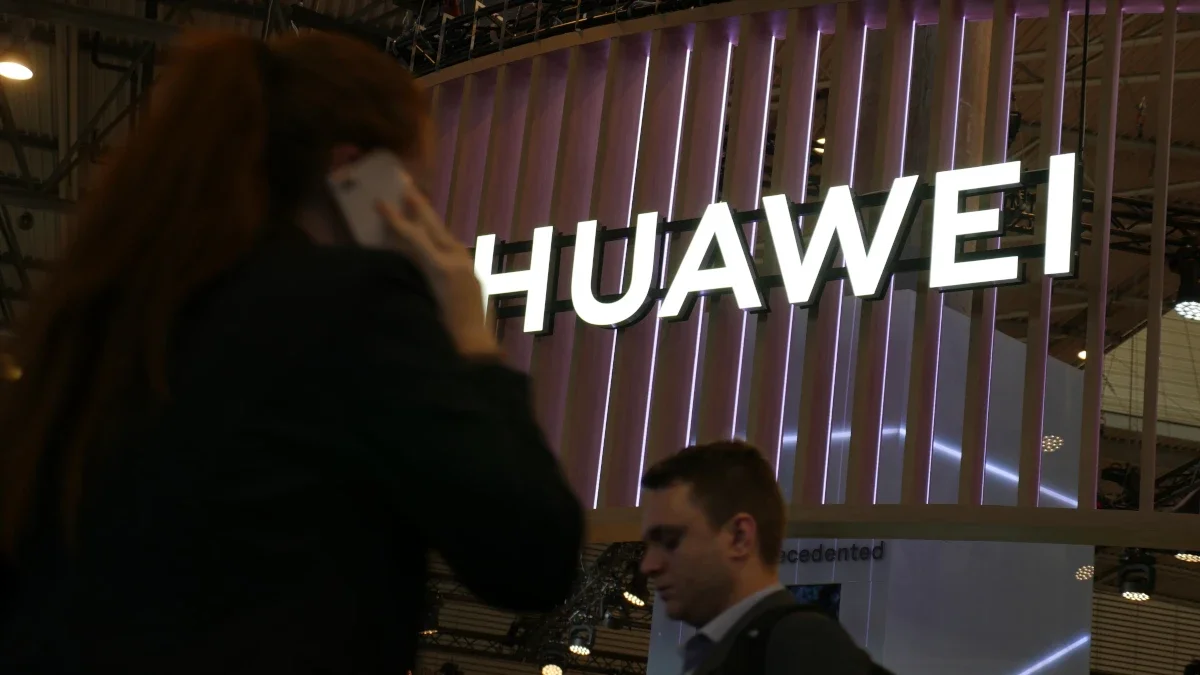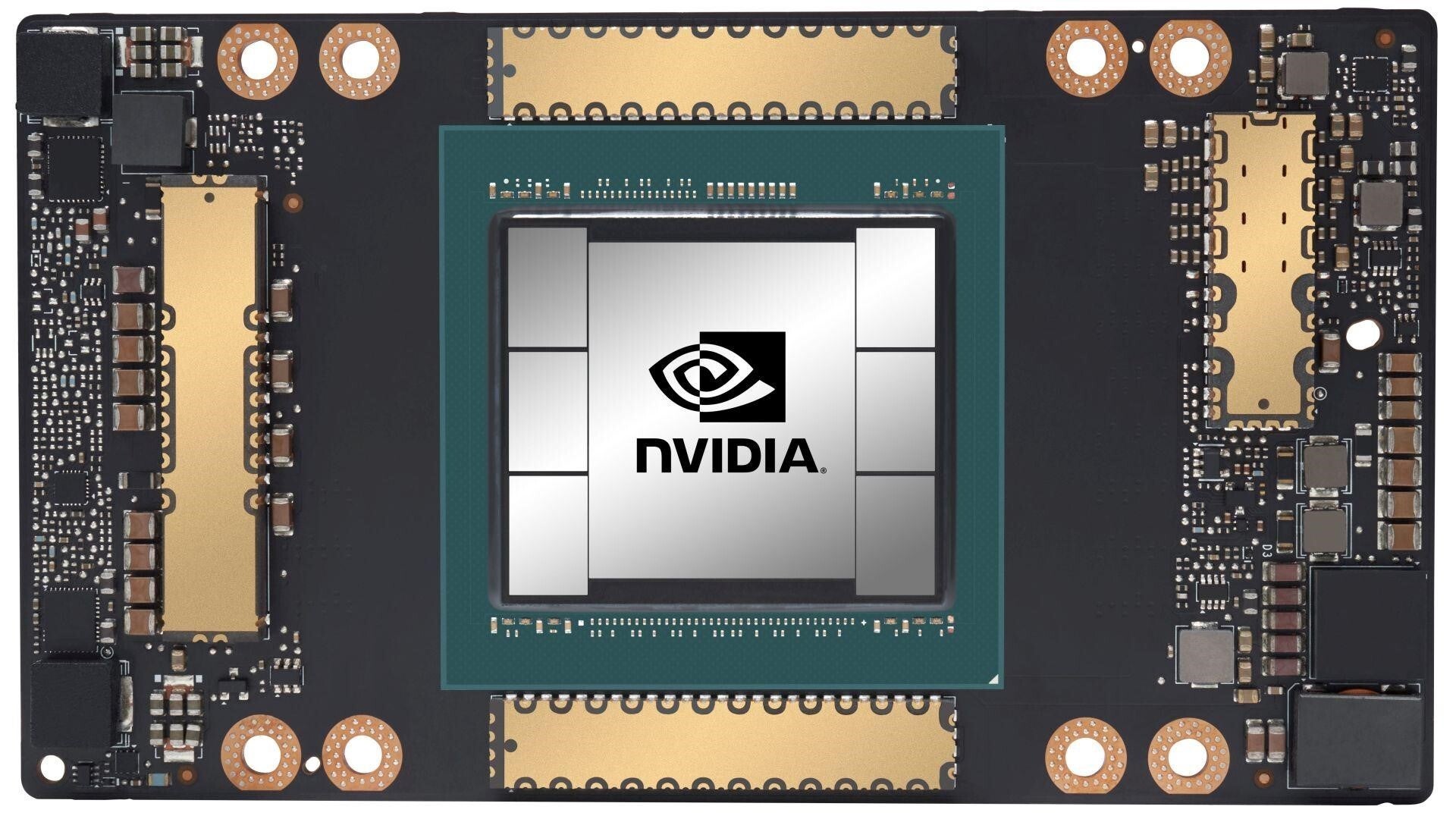Nvidia and Qualcomm could be hurt by U.S. plan to block more exports to Huawei

U.S. chip designer Nvidia has been contemplating selling technology to Huawei, the Chinese manufacturer that is considered a national security threat to the U.S. But according to Reuters, Nvidia's plans to do business with the company could be blocked by the Biden administration's plans to tighten the restrictions that have been placed on the Chinese company. In 2019, Huawei was placed on the U.S. Commerce Department's entity list which limits the supplies that Huawei can import from the United States.
A report from a government contractor says Huawei could face the loss of Qualcomm modem chips
While Huawei still receives billions in supplies from U.S. firms, it no longer has access to Google which forced the company to develop its own HarmonyOS operating system. It also developed the Huawei Mobile Services ecosystem that replaced the Google Mobile Services platform that it no longer is allowed to use. A year after being placed on the entity list, the Commerce Department changed an export rule to prevent foundries using American technology from shipping cutting-edge chips to Huawei.

Nvidia is reportedly planning to sell technology to Huawei
Meanwhile, Huawei has been able to use Qualcomm Snapdragon chipsets for its latest flagship models. However, these chipsets are tweaked so that they can't work with 5G signals and will only work to deliver 4G connectivity. Huawei's access to even these limited SoCs might be in jeopardy if the U.S. government goes ahead with its plans to further stop the company from obtaining U.S. supplies.
A draft report from a government contractor that was seen by Reuters says, "The proposed 2023 amendment of (the Commerce Department's) licensing will likely have a high economic impact on Nvidia." A senior State Department official made it clear that the report had nothing to do with the U.S. government.
The official said that the department "would not have approved of the report in its current form." It also said the government "has written and contracted multiple reports on this subject, based on different contingencies, which arrive at very different conclusions."
According to the draft report, the Biden administration wants to figure out what the impact will be to American companies before it decides whether to crack down even tighter on issuing licenses allowing American firms to sell to Huawei. Reuters could not learn the specific details about the proposed policy change that the U.S. is assessing. Huawei has been accused of using back doors in its devices and networking equipment in order to spy on U.S. companies, a charge that it has always denied.
Qualcomm would suffer a "moderate economic impact" if the U.S. tightens the screws on Huawei
There has always been controversy about the timing of Huawei's entity list inclusion since it happened just as the company was about to become the largest smartphone manufacturer in the world. That would have put the Chinese manufacturer ahead of Samsung and Apple.
The report did say that Qualcomm, which currently supplies 4G versions of its high-end chipsets to Huawei, would suffer a "moderate economic impact" from the unknown policy change. The report adds that Huawei would suffer more because the firm "relies heavily on Qualcomm’s modem chips to support its smartphone offering." The Trump administration, which was in power when Huawei was placed on the entity list, allowed Huawei to buy 4G chipsets from Qualcomm. This has helped the company continue to build flagship phones.
For example, the Snapdragon 8+ Gen 1 chipset, designed not to work with 5G signals, powers last year's well-received Huawei Mate 50 Pro. This month, Huawei is expected to introduce the photography-centered P60 series and the P60 Pro will reportedly be equipped with Qualcomm's latest high-end chipset, the Snapdragon 8 Gen 2. But this component will also be prevented from working with 5G signals.
An Nvidia spokesman responded to the Reuters article by saying, "The China market presents a significant opportunity for the U.S. semiconductor industry. While we are unable to comment on any pending license requests, we work with customers and partners worldwide to comply with all applicable export controls and meet market demand."
Follow us on Google News













Things that are NOT allowed:
To help keep our community safe and free from spam, we apply temporary limits to newly created accounts: